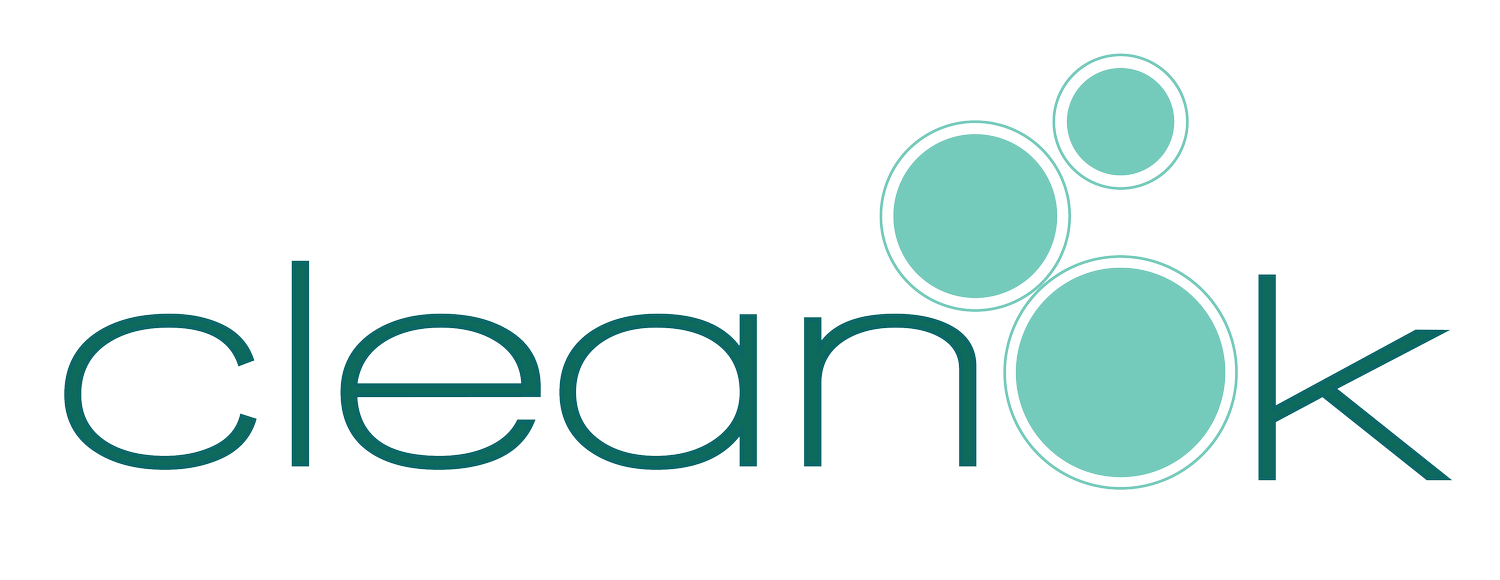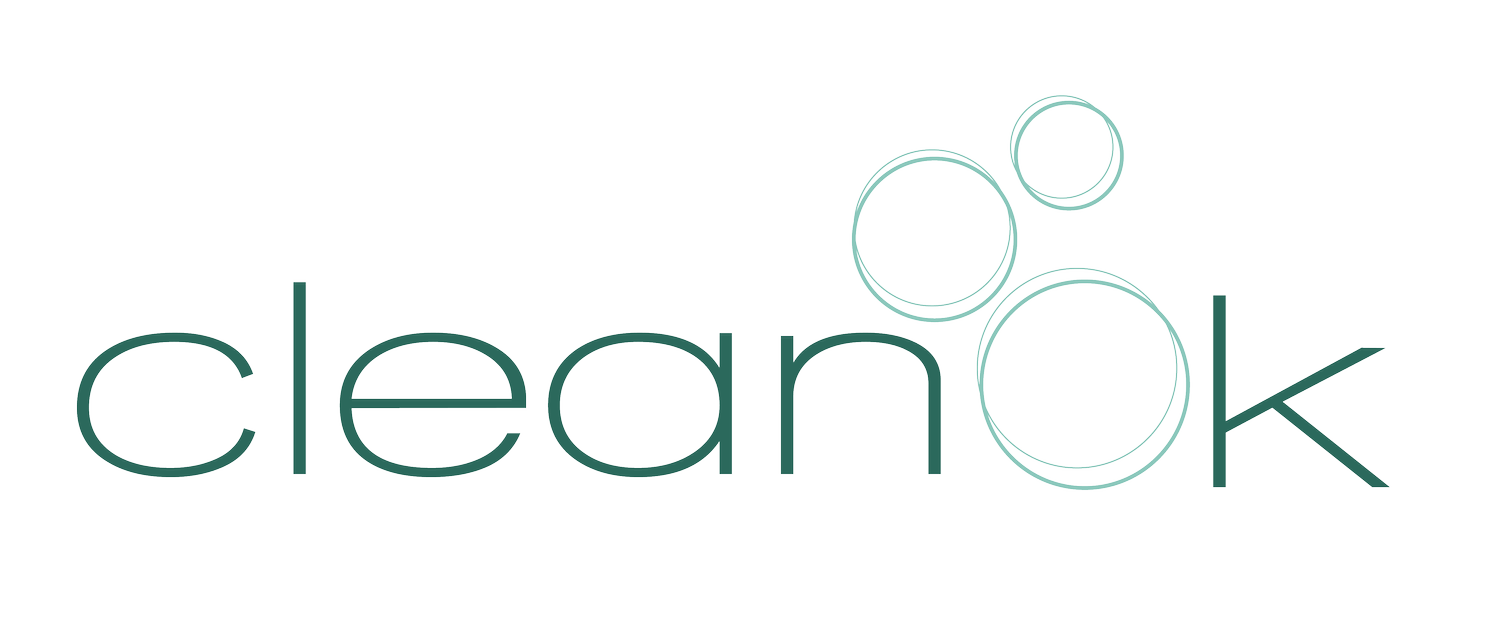In-House vs Professional Cleaning: What's Best for You?
Professional cleaning services boost cleaning quality by 50% compared to in-house options, thanks to trained staff and standardized protocols. Although professional services have higher upfront costs, they can reduce overall labor expenses by completing tasks in fewer hours and eliminating extra in-house costs like equipment and training. For better accountability and performance, professional cleaning is often the more efficient choice for businesses.
Introduction: The Cleaning Decision Every Business Faces
Every business must confront the decision between in-house and professional cleaning services. This choice carries significant implications for cleanliness, employee productivity, and overall operational efficiency.
In-house cleaning might seem like a straightforward option, but it often comes with hidden costs, such as employee benefits and training. On the other hand, professional cleaning services can deliver higher standards of cleaning and reliability thanks to their specialized training and quality assurance processes. Businesses utilizing these services report a fifty percent improvement in cleaning regularity and overall quality, making them a compelling choice for many organizations.
Ultimately, understanding your specific needs and evaluating the pros and cons of each option will guide you to the best decision for your business.
In-House Cleaning: Benefits and Drawbacks
In-house cleaning offers businesses a level of control over their cleaning processes and schedules. It allows for tailored services that can be adjusted to meet specific organizational needs. However, this approach often comes with hidden costs, including employee benefits, equipment maintenance, and ongoing training for staff to ensure high cleaning standards.
Conversely, while professional cleaning services may have higher upfront costs, they often result in better cleaning quality. Businesses that opt for these services report a fifty percent improvement in cleaning regularity and overall quality due to the expertise and standardized protocols employed by trained staff. This can lead to enhanced workplace hygiene and employee productivity, making professional services a valuable investment for many organizations.
Advantages of In-House Janitorial Teams
In-house janitorial teams offer distinct advantages that can be appealing to businesses. They provide a sense of control over cleaning schedules and processes, allowing for customized services tailored to specific needs. This flexibility can be crucial for businesses with unique operational requirements.
Moreover, having an in-house team fosters a familiar environment where staff members understand the culture and nuances of the workplace. This familiarity often leads to consistent results and a higher level of accountability. However, businesses must weigh these benefits against the hidden costs associated with employee management, training, and equipment maintenance.
Ultimately, while in-house cleaning may seem like a convenient option, the true value lies in assessing how it aligns with your overall business goals and operational efficiency.
Limitations and Challenges
In-house cleaning presents several limitations and challenges that businesses must consider. One major drawback is the hidden costs associated with employee management, such as benefits, training, and equipment maintenance. These expenses can quickly add up, making in-house cleaning less cost-effective than it initially appears.
Additionally, in-house teams may lack the specialized training and equipment that professional cleaning services provide. This can lead to inconsistent cleaning quality and insufficient attention to detail, ultimately affecting workplace hygiene. Relying solely on in-house staff may also burden employees who already have their primary responsibilities, potentially leading to burnout and decreased productivity.
When weighing your options, it's essential to recognize these challenges. A thorough evaluation can help determine whether in-house or professional cleaning aligns best with your business needs and operational goals.
Professional Cleaning Services: Why Businesses Choose to Outsource
Outsourcing professional cleaning services has become an attractive option for many businesses. Companies often choose to partner with specialized cleaning providers to benefit from their expertise and resources. This approach not only ensures a higher standard of cleanliness but also allows businesses to focus on their core operations without the distractions of managing an in-house team.
Additionally, professional cleaning services implement quality assurance processes that enhance accountability. This structured oversight leads to consistent results, as trained staff adhere to established performance standards. As a result, businesses utilizing these services frequently report significant improvements in cleaning regularity and overall quality, reinforcing the value of outsourcing this essential function.
Core Advantages of Professional Services
Professional cleaning services offer several core advantages that can significantly enhance a business's operational efficiency. One of the primary benefits is access to specialized expertise; trained professionals utilize industry-standard cleaning protocols and the latest equipment, ensuring a thorough clean that in-house teams may struggle to achieve.
Moreover, outsourcing cleaning tasks allows businesses to concentrate on their core functions without the distraction of managing cleaning schedules and staff. This can lead to improved employee productivity and morale, as team members can focus on their roles rather than cleaning responsibilities. Ultimately, investing in professional cleaning services often results in a cleaner, healthier work environment, benefiting both employees and the business as a whole.
Considerations and Trade-offs
When considering in-house versus professional cleaning services, businesses must weigh various trade-offs that can significantly impact operations. In-house teams may provide tailored cleaning solutions and immediate availability, fostering a sense of control. However, this often comes with hidden costs related to employee benefits, training, and equipment upkeep, which can complicate budgeting.
On the other hand, professional cleaning services typically involve higher upfront costs but offer specialized expertise and advanced cleaning techniques. This investment not only enhances cleanliness but also allows businesses to redirect focus toward core tasks. Ultimately, the decision hinges on balancing immediate needs with long-term operational efficiency and cost-effectiveness.
By carefully evaluating these considerations, organizations can choose the cleaning solution that best aligns with their goals, ensuring a cleaner and more productive work environment.
Critical Differences: Training, Standards, and Accountability
In choosing between in-house and professional cleaning, training, standards, and accountability stand out as critical differences. Professional cleaning services invest significantly in training their staff, ensuring they are equipped with the latest techniques and industry standards. This ongoing education translates into consistent cleaning quality that may be difficult to maintain with an in-house team, where training can be sporadic and less comprehensive.
Moreover, professional services typically implement rigorous quality assurance protocols. These frameworks ensure that cleaning standards are not only met but consistently exceeded. Many businesses find that the accountability provided by outsourced teams leads to better results and a noticeable improvement in workplace cleanliness and employee satisfaction.
Ultimately, the choice between in-house and professional cleaning should factor in these elements, as they significantly influence the effectiveness and reliability of cleaning efforts.
Employee Training and Professional Development
When evaluating in-house versus professional cleaning, employee training and professional development play a crucial role in ensuring high cleaning standards. Professional cleaning services invest significantly in training their staff, equipping them with the latest techniques and industry best practices. This commitment to ongoing education helps maintain a consistent level of cleanliness that in-house teams may struggle to achieve due to sporadic training sessions.
Moreover, professional cleaners are often subjected to rigorous quality assurance protocols, ensuring that they meet and exceed established cleaning standards. This level of accountability not only enhances the quality of service but also boosts employee satisfaction, as teams recognize that their work environment is being maintained by skilled professionals. In contrast, in-house cleaning may lack this structured approach, leading to varied results and potentially impacting overall workplace hygiene.
Ultimately, the difference in training and professional development can significantly influence the effectiveness of cleaning efforts, making it a vital consideration for businesses as they weigh their options.
Quality Standards and Performance Metrics
When evaluating the quality standards and performance metrics of in-house versus professional cleaning services, several key factors emerge. Professional cleaning companies typically adhere to strict quality assurance processes, ensuring that every aspect of their service meets established industry standards. This commitment to excellence often translates to higher levels of cleanliness and hygiene in the workplace, which can significantly impact employee satisfaction and productivity.
In contrast, in-house teams may not have the same structured oversight, leading to inconsistent cleaning results. The absence of standardized protocols can affect the overall effectiveness of cleaning efforts, making it challenging to maintain a consistently high standard. By relying on professional services, businesses can benefit from the expertise of trained staff, who utilize the latest cleaning techniques and equipment, driving better outcomes for workplace cleanliness.
Ultimately, understanding these differences is crucial for making an informed decision that aligns with your operational needs and goals.
Frequently Asked Questions
What are the main benefits of in-house cleaning?
In-house cleaning offers greater control over scheduling and tailored services to meet specific organizational needs. However, it can lead to hidden costs such as employee benefits and training expenses.
How much can professional cleaning improve cleanliness?
Using professional cleaning services can lead to a reported 50% improvement in cleaning regularity and overall quality, ensuring a consistently clean environment that enhances employee productivity.
Are there specific industries that benefit more from professional cleaning?
Yes, industries such as healthcare, hospitality, and food service often benefit more from professional cleaning due to stringent hygiene standards and the need for specialized cleaning protocols.
What hidden costs should businesses consider with in-house cleaning?
Businesses should consider costs like employee benefits, equipment maintenance, and ongoing training to maintain high cleaning standards, which can add up significantly over time.
How do I determine which cleaning option is best for my business?
Assess your specific needs, budget, and cleanliness standards; comparing the pros and cons of in-house versus professional cleaning will help you make an informed decision tailored to your business.


